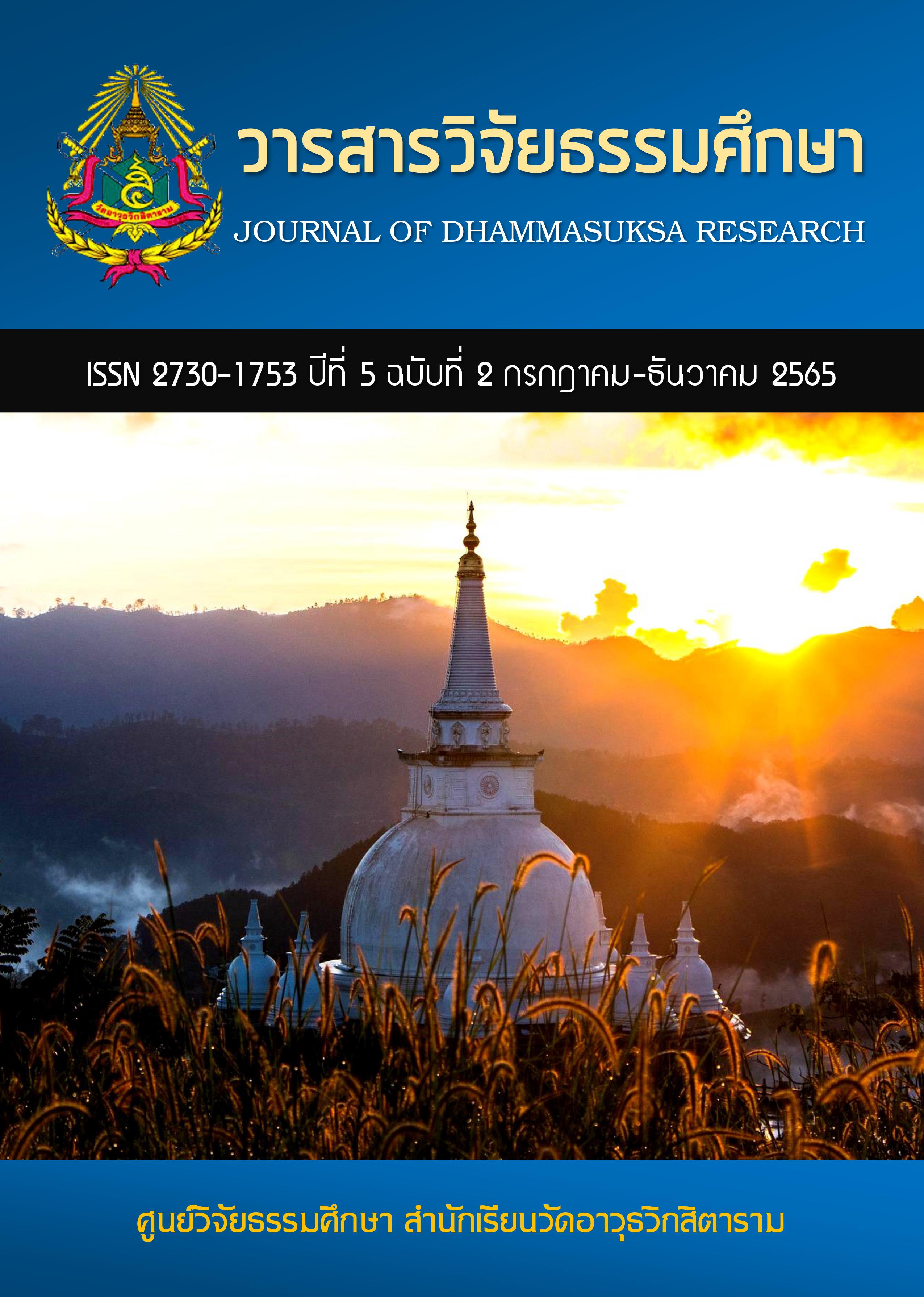Supremacy for Developing Executives
Keywords:
the supremacy, the four sublime states of mind, the four wrong courses of behaviorAbstract
This article aims 1. to study the principle of supremacy based on Theravada Buddhism. From the study, it had been found that supremacy can be divided into 3 types; supremacy of self or self-dependence, supremacy of the world or public opinion, and supremacy of the Dharma or righteousness. The executives should apply the principle of supremacy. The Dhamma for executives are the four sublime states of mind, the four wrong courses of behavior, and the ten virtues of the king.
References
กรมการศาสนา. (2525). พระไตรปิฎกภาษาไทยฉบับหลวง. เล่มที่ 10, 11, 15, 20, 21 และ 29. กรุงเทพฯ: โรงพิมพ์กรมการศาสนา.
ปรีชา ช้างขวัญยืน. (2540). ทรรศนะทางการเมืองของพระพุทธศาสนา. กรุงเทพฯ: สามัคคีสาส์น.
พระธรรมปิฎก (ป.อ. ปยุตฺโต). (2543). พจนานุกรมพุทธศาสตร์ ฉบับประมวลธรรม. พิมพ์ครั้งที่ 9. กรุงเทพฯ: โรงพิมพ์มหาจุฬาลงกรณราชวิทยาลัย.
ราชบัณฑิตยสถาน. (2556). พจนานุกรมฉบับราชบัณฑิตยสถาน พ.ศ. 2554. กรุงเทพฯ: ศิริวัฒนาอินเตอร์ พริ้นท์ จำกัด (มหาชน).
วิษณุ เครืองาม. (2523). กฎหมายรัฐธรรมนูญ. พิมพ์ครั้งที่ 2. กรุงเทพฯ: แสงสุทธิการพิมพ์.
Downloads
Published
How to Cite
Issue
Section
Categories
License
Copyright (c) 2022 Journal of Dhammasuksa Research

This work is licensed under a Creative Commons Attribution-NonCommercial-NoDerivatives 4.0 International License.



